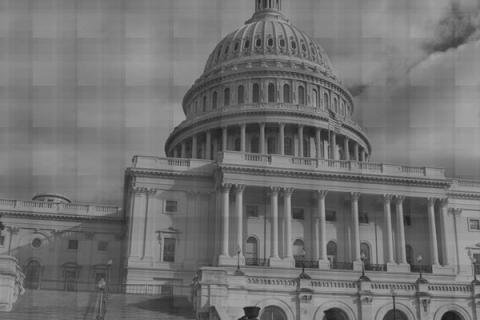For a Democratic Party that champions the ideals of democracy, and a Republican Party that heralds the wonders of competition, it is a wonder that they do not support the competitive democracy produced by nonpartisan redistricting. As Proposition 14 attacked the structure of our partisan electoral system, Propositions 11 and 20 took aim at the composition. The two redistricting propositions have successfully produced new lines, not drawn by parties, that not only have leveled the distribution of partisans within those lines, but in several districts, incumbents are now matched up against other incumbents.
A 2008 report by none other than the Reason Foundation concluded about Proposition 11’s potential, “the concept of an independent commission to draw boundaries for state lawmakers is likely to reduce the odds of abuse and holds the promise of increasing competitive pressures for elected office … furthermore … Proposition 11 would also end the practice of gerrymandering obscure district boundaries that confuse voters and undermine the relationship between the public and their elected representatives.”
With new rules and new district lines, California will have one of the most uncertain election seasons in its history. Eight independent candidates have been placed on the ballot in California’s Congressional, Senate, and Assembly races. Further, the Independent Voter Project has identified at least 10 senatorial districts and 17 assembly districts that will likely be competitive in the upcoming election. Additionally, some districts, like the highly publicized “Berman-Sherman” race has pitted long-term incumbents from the same party against each other. In short, California will have a more competitive election season this year. More importantly, the competition will require the candidates to be responsive to the fastest growing segment of California voters; a segment that has traditionally been left out of the electoral process altogether.
As reported by RollCall.com, “[A]s the parties battle for one of a handful of the state's newly competitive districts...edistricting provided new opportunities for the next generation of politicians in the state.” And if the effect on partisanship is not self-evident, the words of the Democratic candidate for California’s 21st Senatorial District Michael Rubio are testimonial: “When you look at our records, you will not find a moreindependent, moderate voice in the Legislature or local government than mine"

